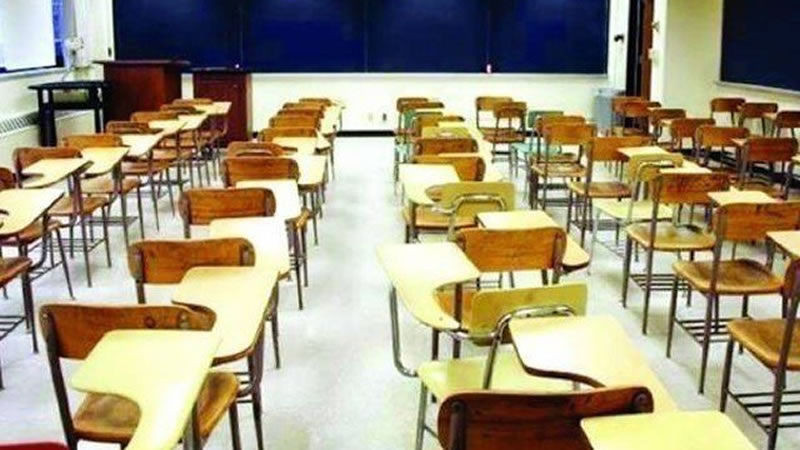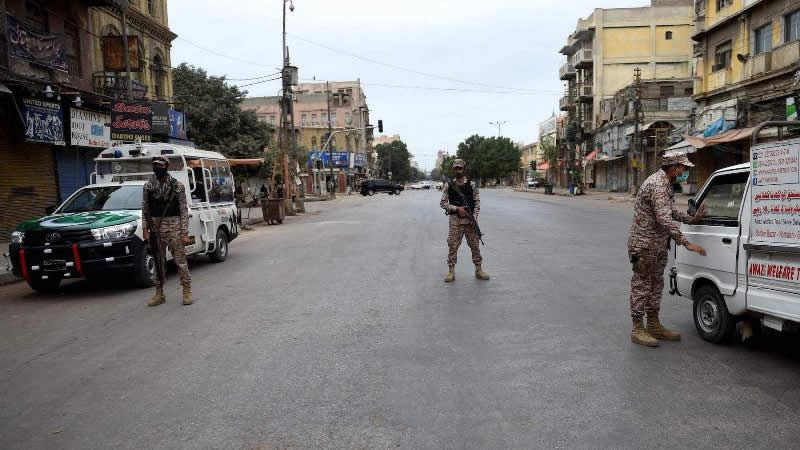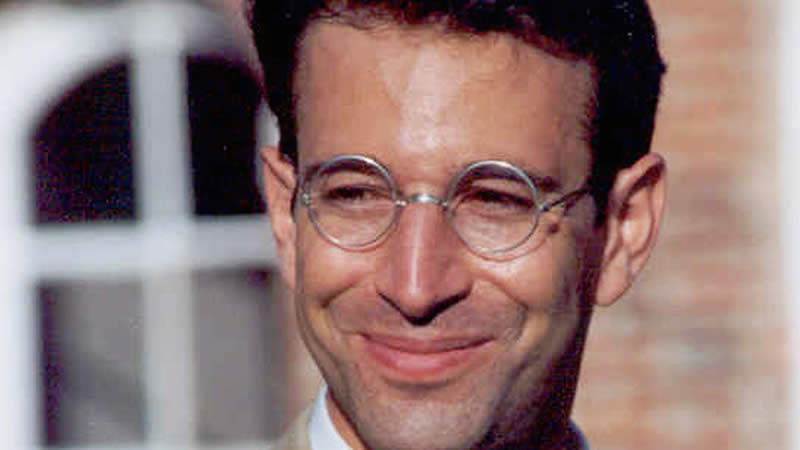Following the emergence of coronavirus cases in Karachi’s katchi abadis (slum areas), Sindh Chief Minister Syed Murad Ali Shah has directed the health department to launch a mobile testing facility for screening the residents of these low-income localities.
“I am [even] ready to provide extra kits to different labs [for the purpose],” he said, adding that those found infected among the dwellers of katchi abadis would be shifted to isolation centres.
Besides, the CM said, an order for the purchase of 190,000 more testing kits had already been placed.
He expressed worry over cases being reported from slum areas in Karachi and said, “In katchi abadis, people don’t have spacious enough homes to isolate themselves and therefore, have to be shifted to isolation centres.”
According to the CM, 11 facilities in Sindh, including Aga Khan University Hospital, the Indus Hospital, Dr Ruth Pfau Civil Hospital, Dow University of Health Science’s Ojha Institute of Chest Diseases, PNS Shifa, Jinnah Postgraduate Medical Centre, the Sindh Institute of Urology and Transplantation, Dr Ziauddin Hospital, Chughtai Lab and the Gambat Institute of Medical Sciences, collectively have the capacity to conduct 3,520 tests daily.
Earlier, as seven members of a family from a slum area had tested positive for the coronavirus on Thursday, the CM had expressed deep worry over the development.
In a video message, the CM had implied that with social distancing near impossible in informal settlements such as the one in Karachi’s Central district where these seven people had tested positive for COVID-19, the emergence of cases in the area would only steepen the already sharp curve of the pandemic.
Following the emergence of coronavirus cases in Karachi’s katchi abadis (slum areas), Sindh Chief Minister Syed Murad Ali Shah has directed the health department to launch a mobile testing facility for screening the residents of these low-income localities.
“I am [even] ready to provide extra kits to different labs [for the purpose],” he said, adding that those found infected among the dwellers of katchi abadis would be shifted to isolation centres.
Besides, the CM said, an order for the purchase of 190,000 more testing kits had already been placed.
He expressed worry over cases being reported from slum areas in Karachi and said, “In katchi abadis, people don’t have spacious enough homes to isolate themselves and therefore, have to be shifted to isolation centres.”
According to the CM, 11 facilities in Sindh, including Aga Khan University Hospital, the Indus Hospital, Dr Ruth Pfau Civil Hospital, Dow University of Health Science’s Ojha Institute of Chest Diseases, PNS Shifa, Jinnah Postgraduate Medical Centre, the Sindh Institute of Urology and Transplantation, Dr Ziauddin Hospital, Chughtai Lab and the Gambat Institute of Medical Sciences, collectively have the capacity to conduct 3,520 tests daily.
Earlier, as seven members of a family from a slum area had tested positive for the coronavirus on Thursday, the CM had expressed deep worry over the development.
In a video message, the CM had implied that with social distancing near impossible in informal settlements such as the one in Karachi’s Central district where these seven people had tested positive for COVID-19, the emergence of cases in the area would only steepen the already sharp curve of the pandemic.
Twice as many men contracting coronavirus than women in Sindh, data reveals
“I was afraid of the day when the virus will start spreading in slum areas as people in these settlements live in small houses with large families,” he had said, adding that his fear had come true. In the same statement, the CM had also hinted at the possibility of extending the lockdown in Sindh.
Later, attending a meeting, the CM reviewed the distribution of ration bags among the needy and daily-wage workers.
He was informed that ration bags to around 200,000 needy people were delivered at their doorsteps and the aid distribution was being carried out in the morning by deputy commissioners and their teams. The distribution was being supervised by provincial ministers, time to time, the CM was told.
At this, the CM stressed the need to distribute ration without attracting attention and publicity and in a confidential manner.
“It must be between the giver and the recipient,” he emphasised, adding that people’s dignity should kept in mind and respected.
People of every age are prone to the virus, and therefore, everyone must be careful and maintain social distance, even at home, said Sindh Chief Minister Syed Murad Ali Shah in a statement on Sunday, as he shared details about the frequency of COVID-19 among people of different age groups.
According to the data provided by the CM, the highest number of people – 311, to be exact – infected by the contagion in Sindh fall in the age bracket of 21 to 30 years and just five of those between the ages of 81 and 90 years tested positive for COVID-19.
Besides, 71 children between the ages of one and 10 years, 118 people in the age bracket of 11 to 20 years, 260 persons between the ages of 31 and 40 years, 196 between 41 and 50 years, 226 between 51 and 60 years, 152 between 61 and 70 years and 47 between 71 and 80 years have so far contracted the virus.
He said that 93 more cases of the coronavirus and two contagion-related deaths were reported in Sindh on Sunday morning, raising the province’s coronavirus tally to 1,411 and the COVID-19 death toll to 30. Also, 18 patients had recovered between Saturday and Sunday morning, pushing the number of total recovered persons in Sindh to 389 – 28 per cent of the positive cases, he added.
The CM further pointed out that of the total positive coronavirus cases reported in Sindh 68.3 per cent were males and 31.7 per cent were females.
“This ratio shows that the virus has affected more males than females,” he said, “as, in most cases, males go outside homes more frequently.” Since many among them ignore the repeated requests to maintain social distance and the advice by health experts, they end up contracting the virus, he elaborated. “And then, they become carriers and take the virus back home.”
He reiterated that people needed to maintain social distance and observe lockdown properly, warning that if not, “we would not be able to contain the virus.”
Giving more details about COVID-19 patients, he said that at present, 645 were kept in home isolation, 60 were housed at isolation centres and 992 were under treatment at different hospitals.












